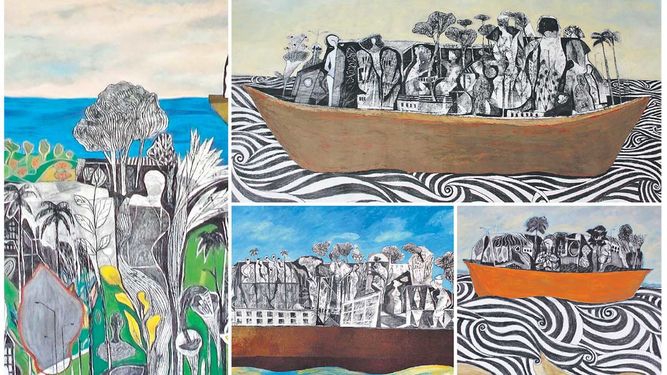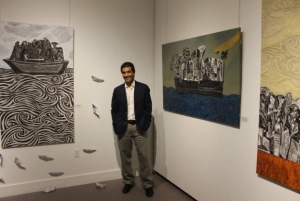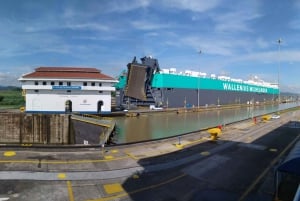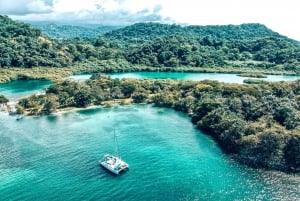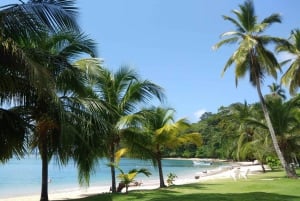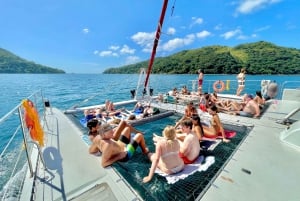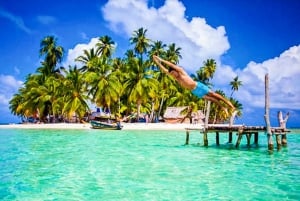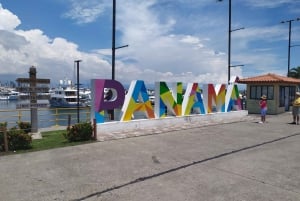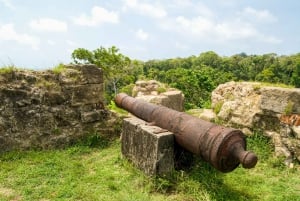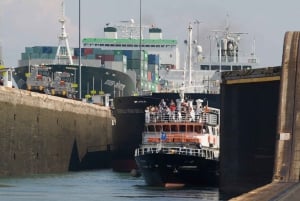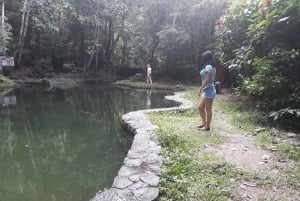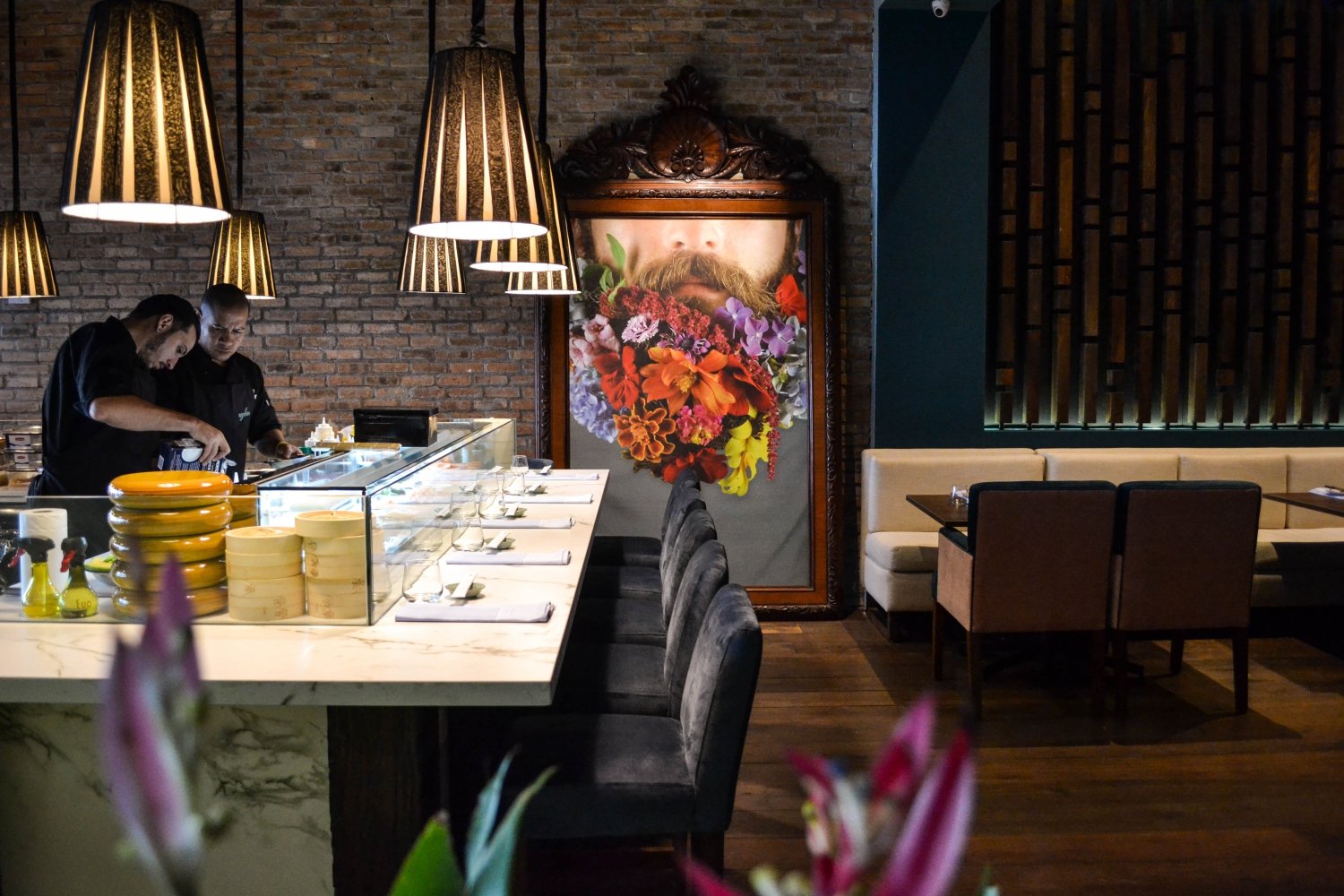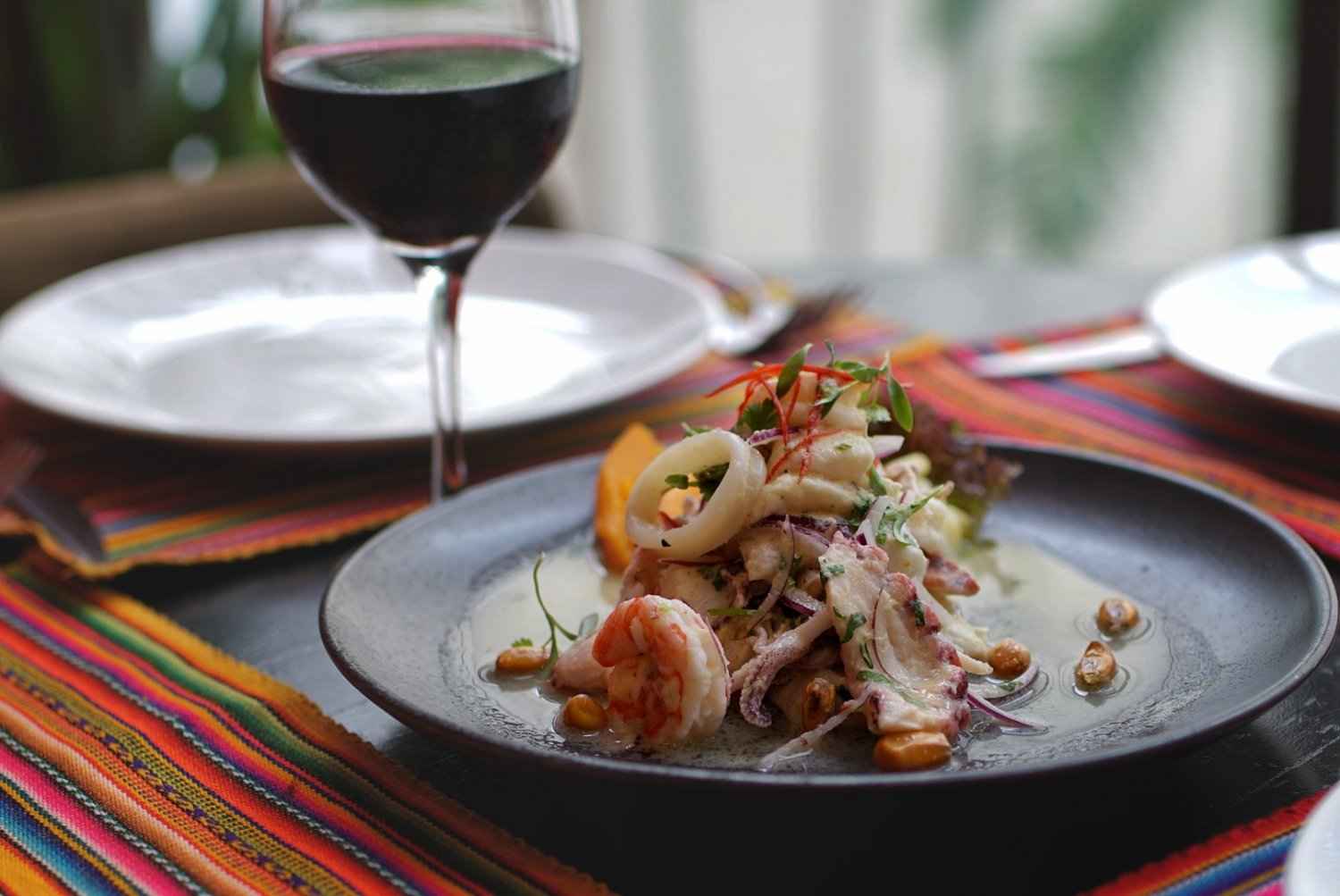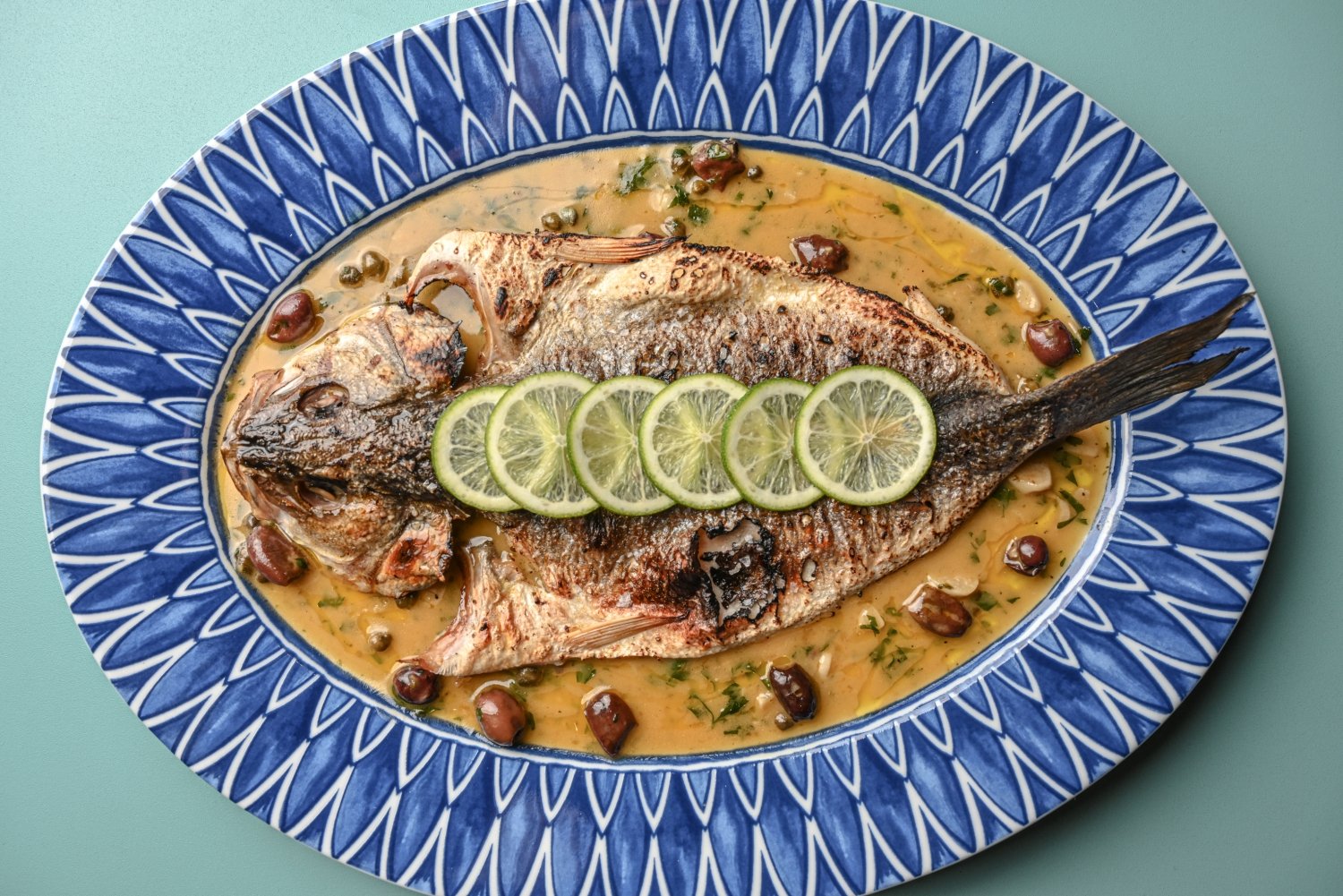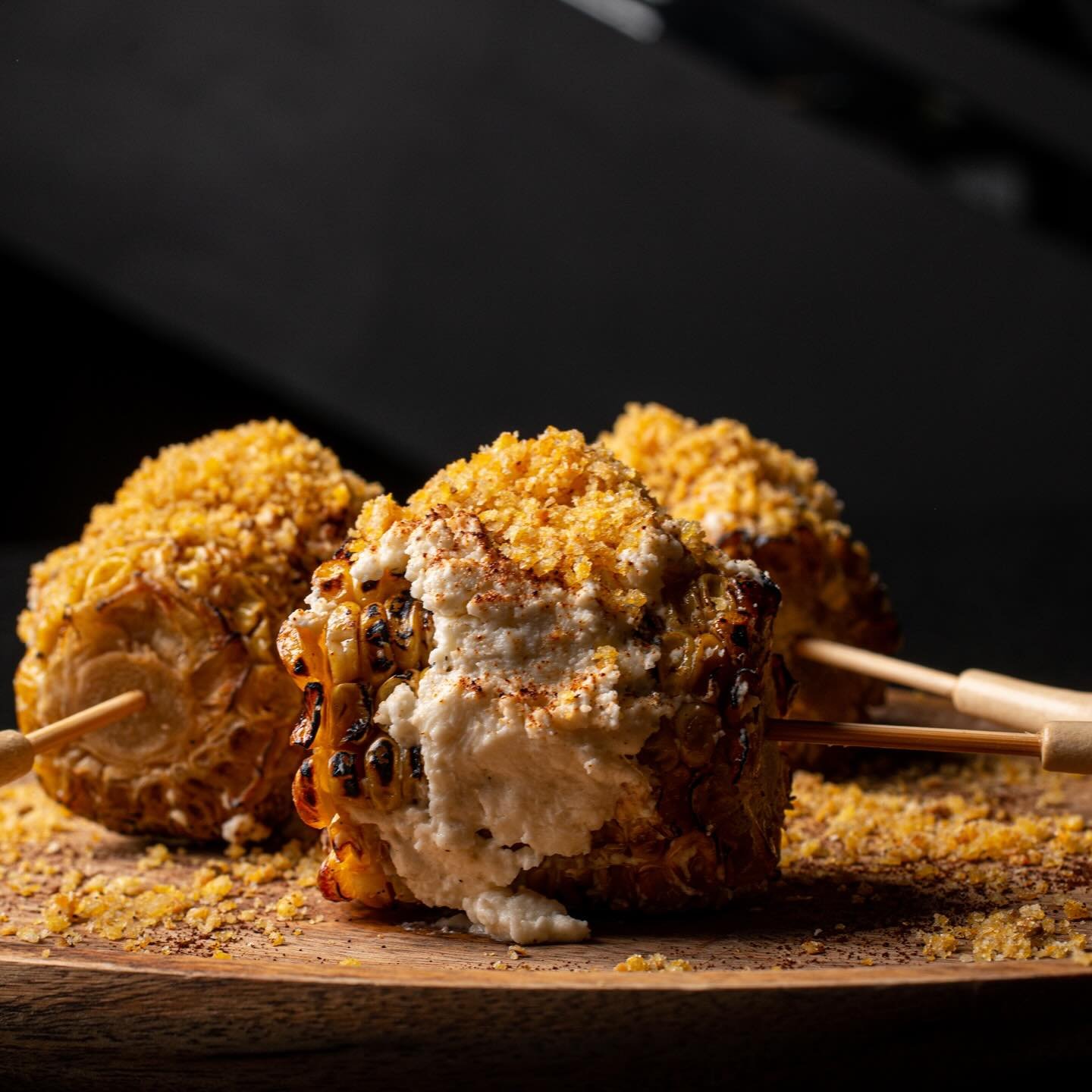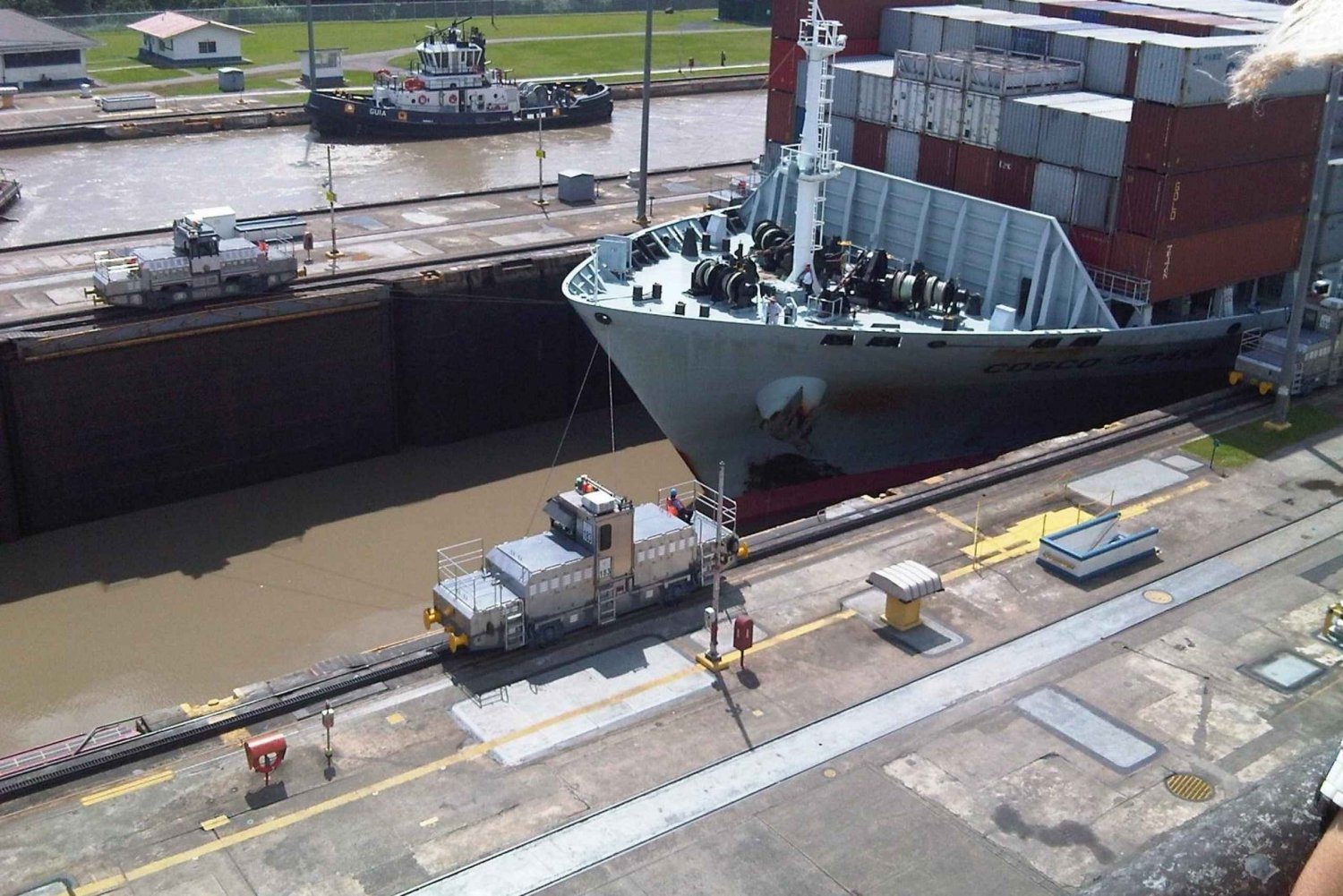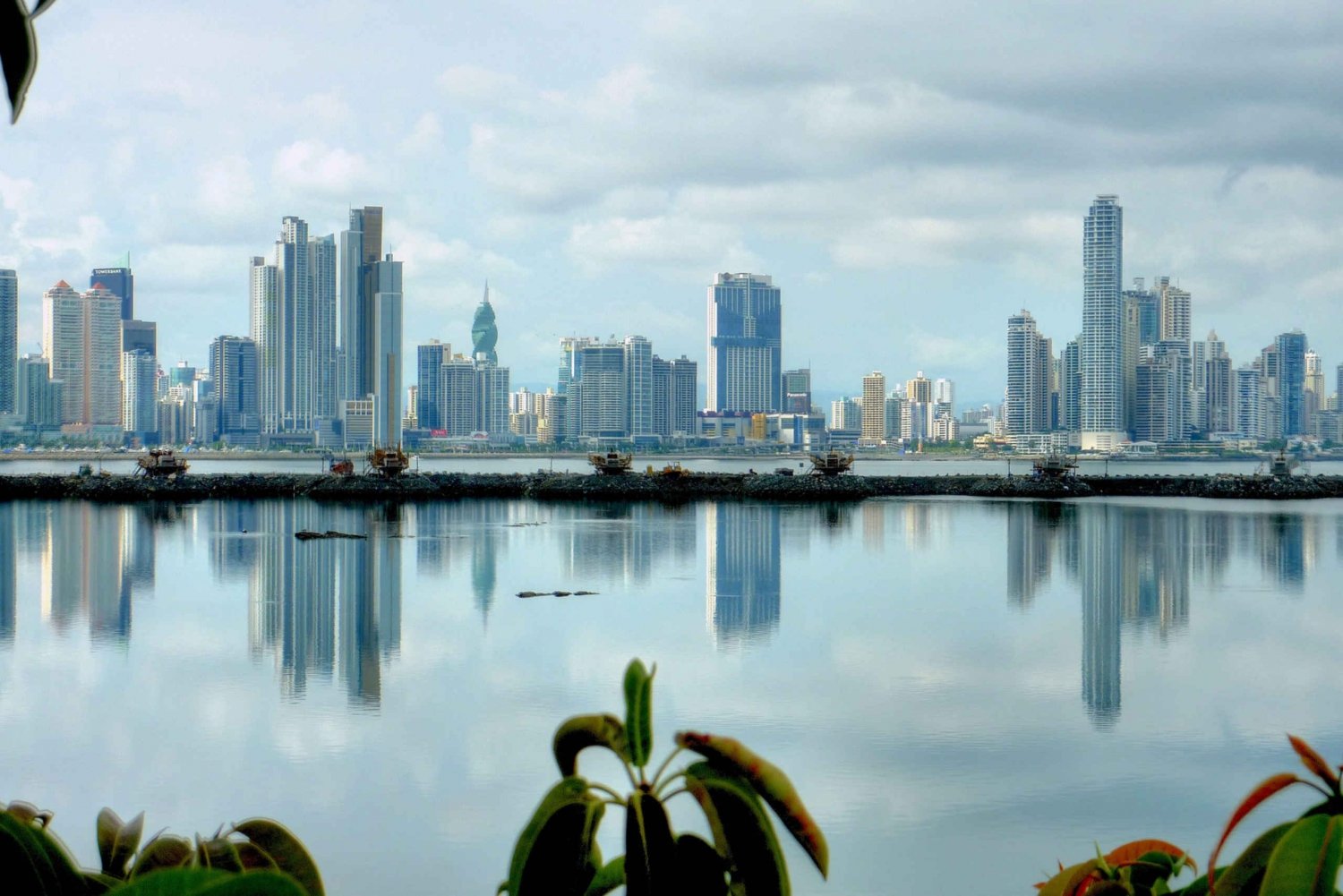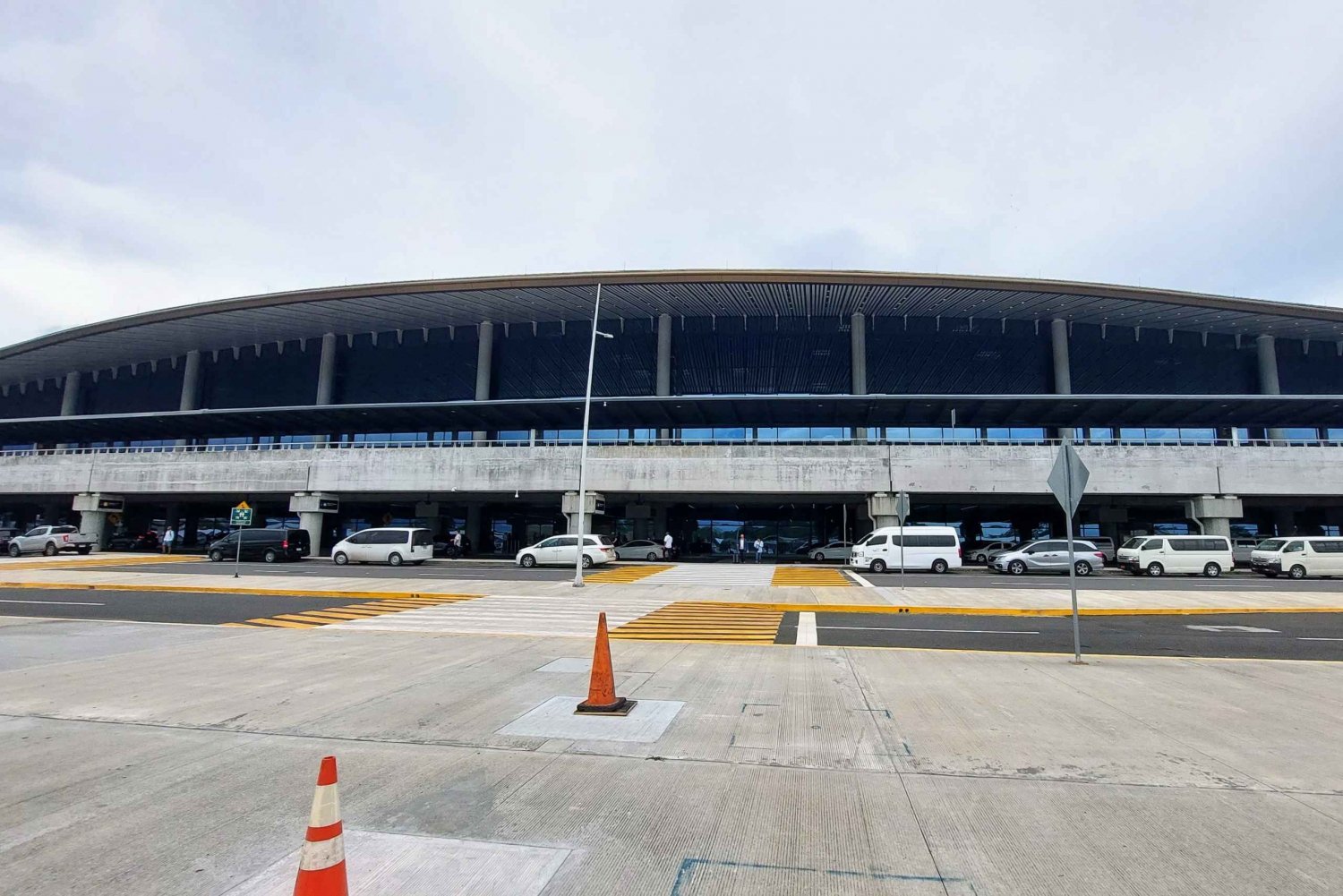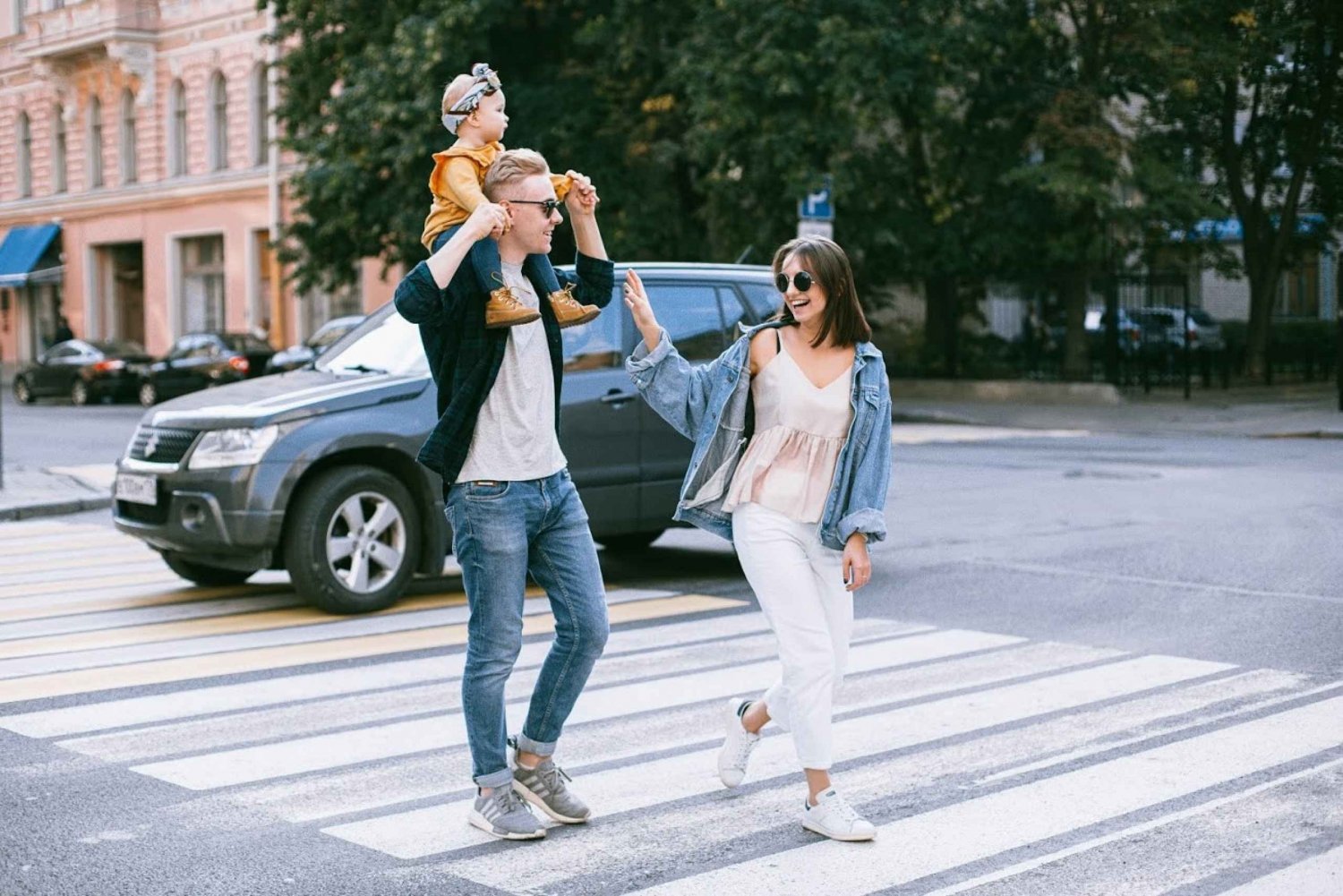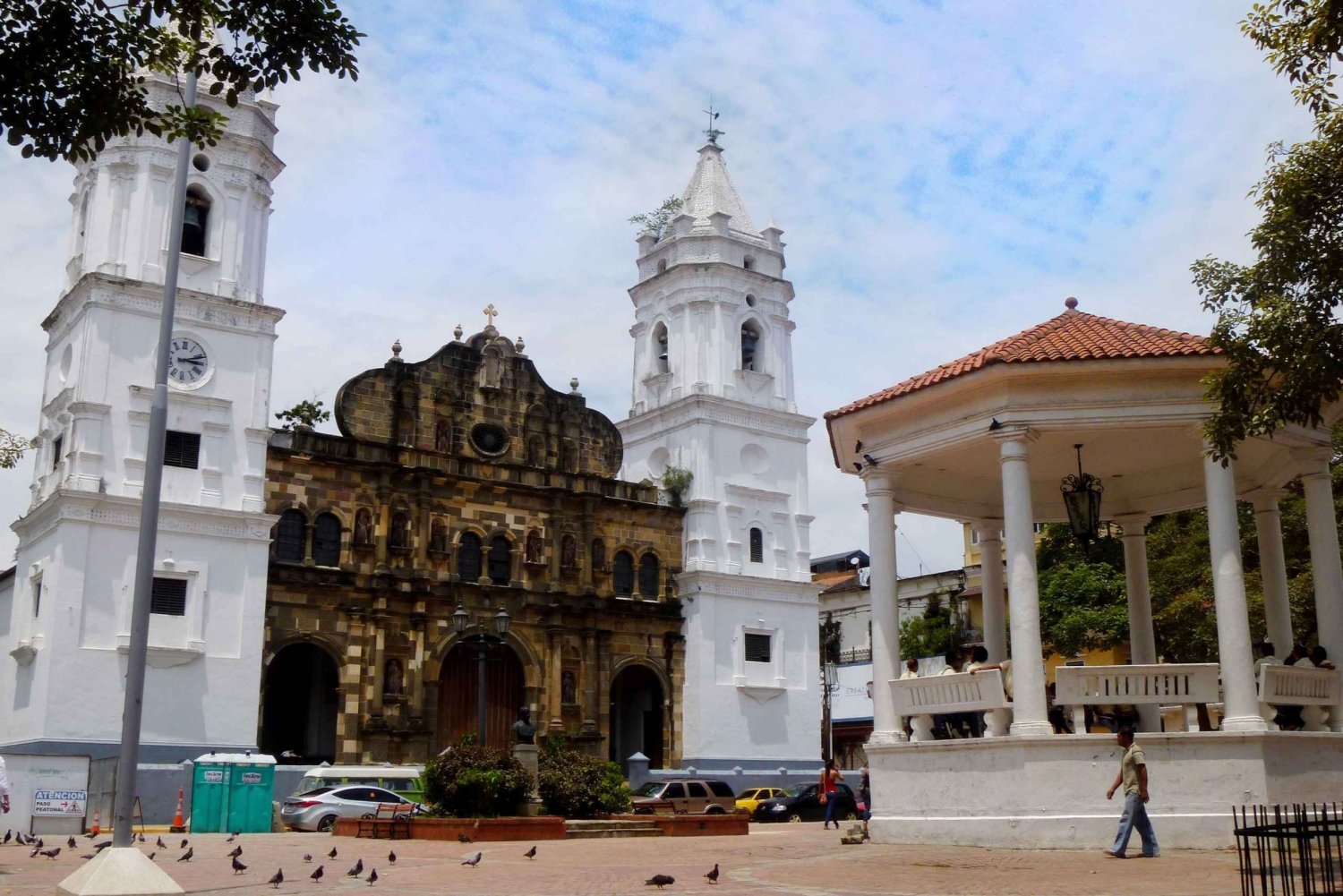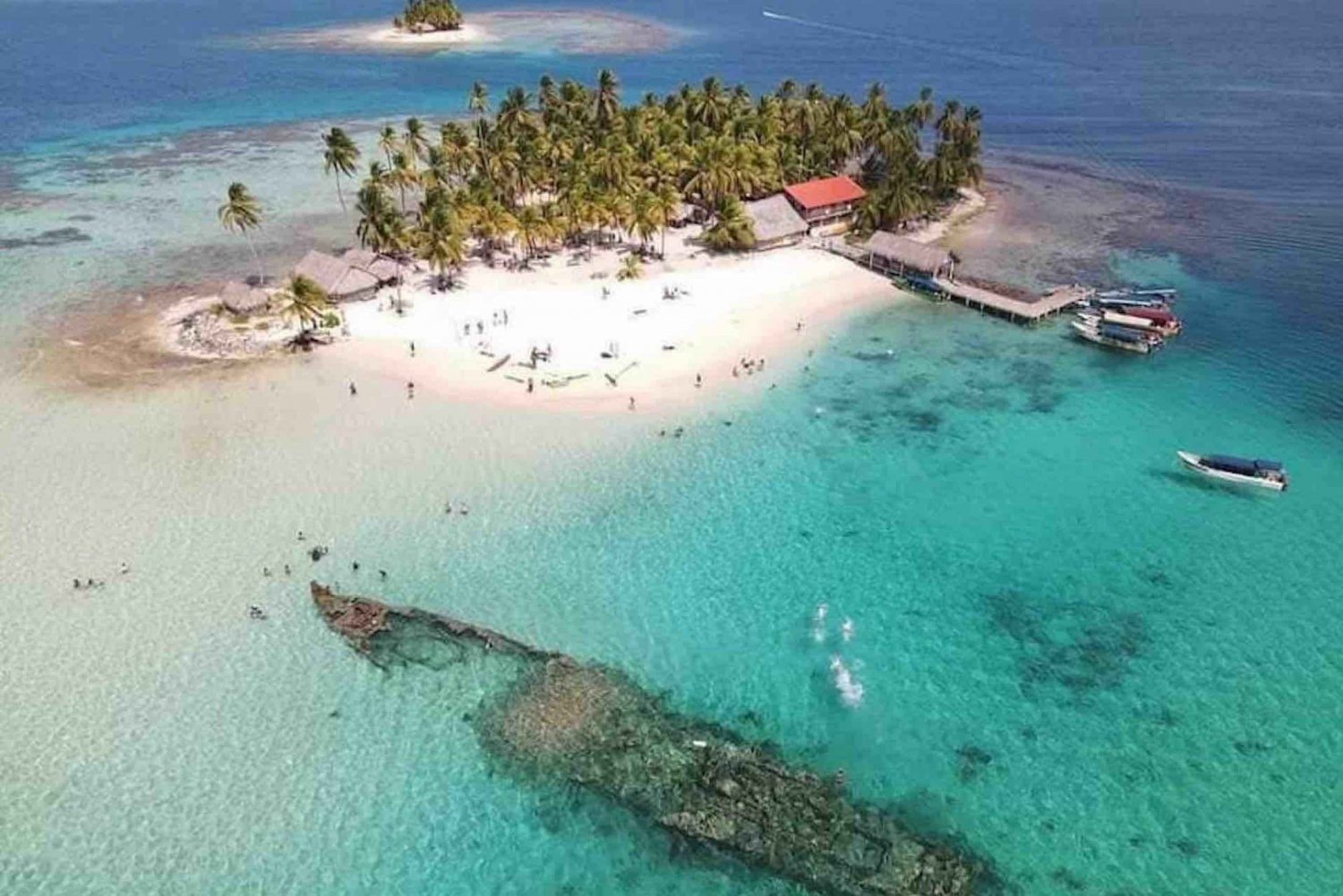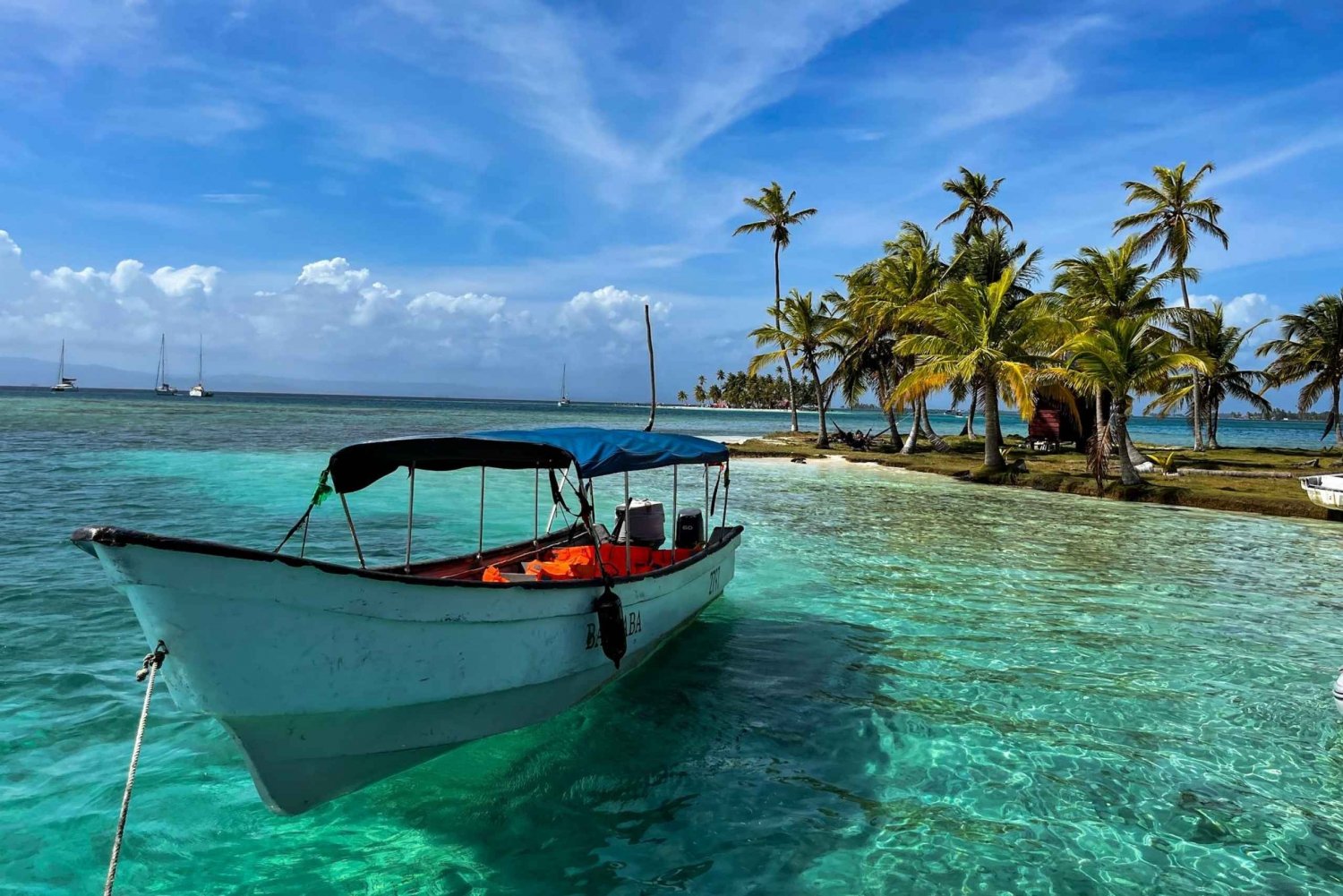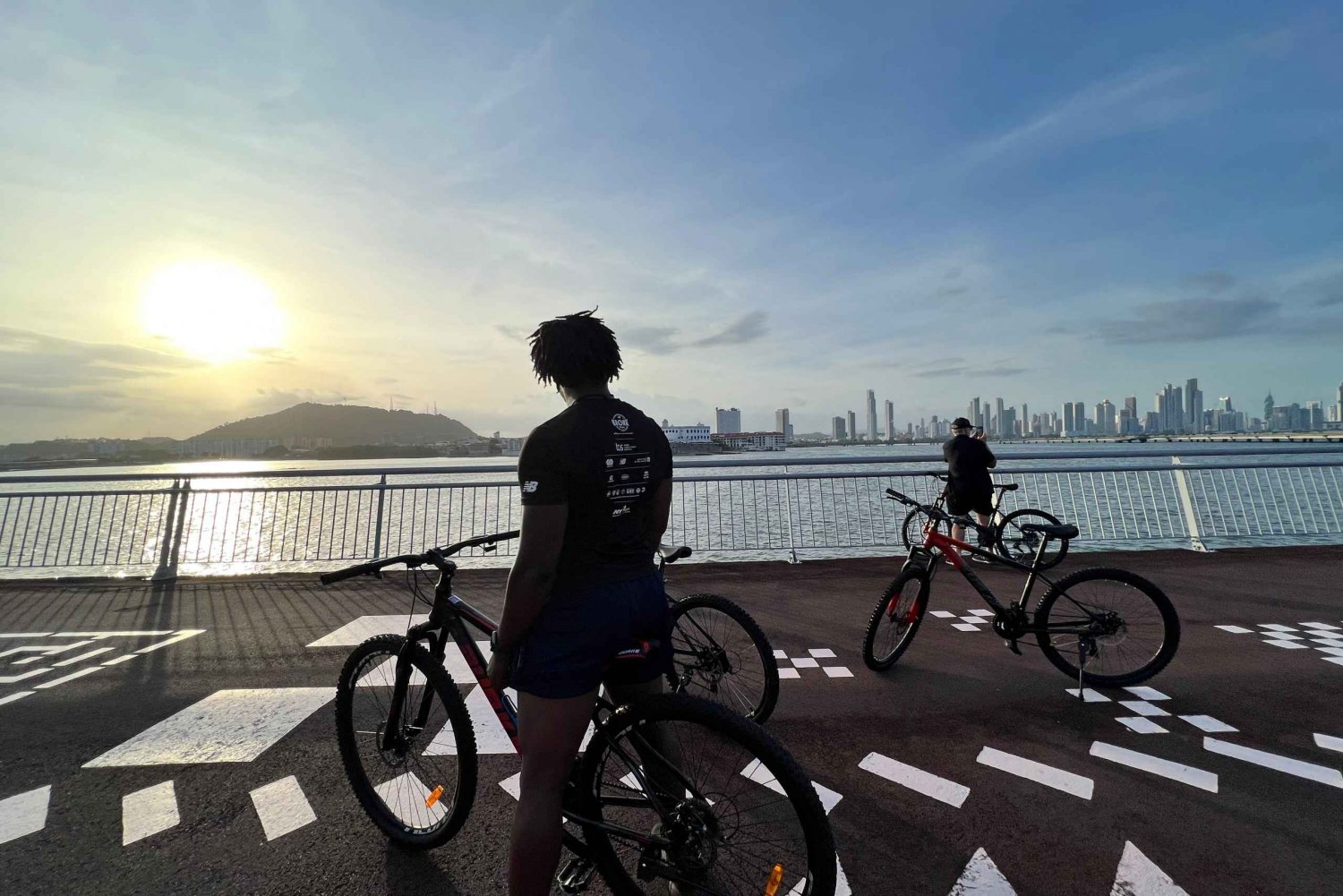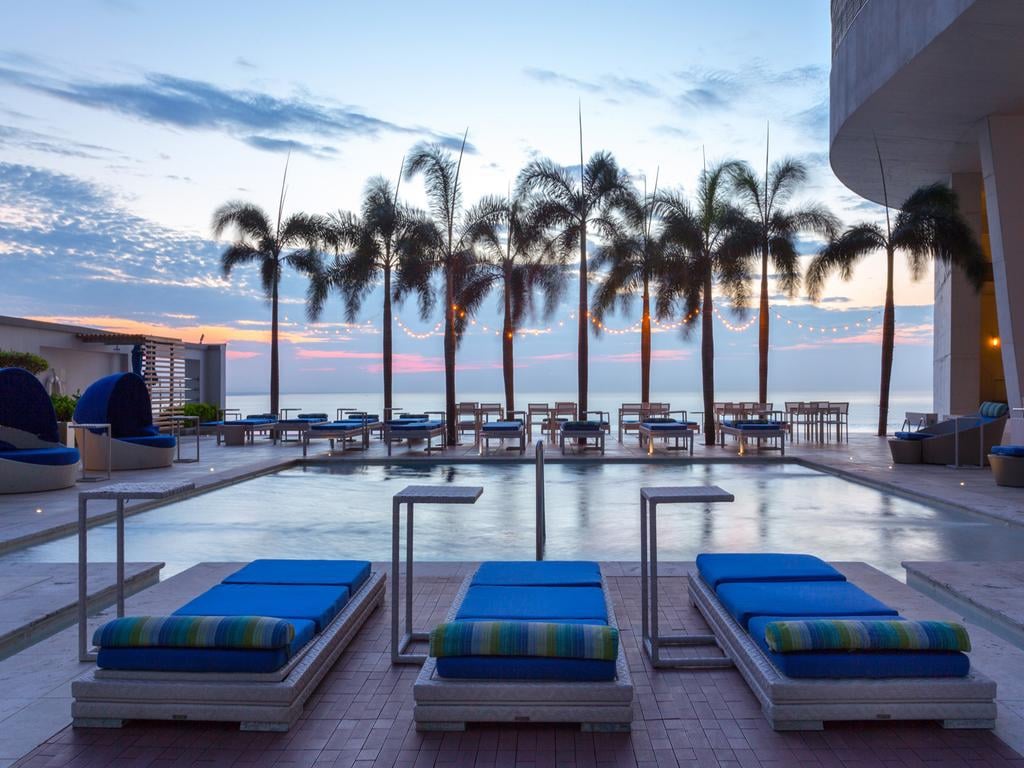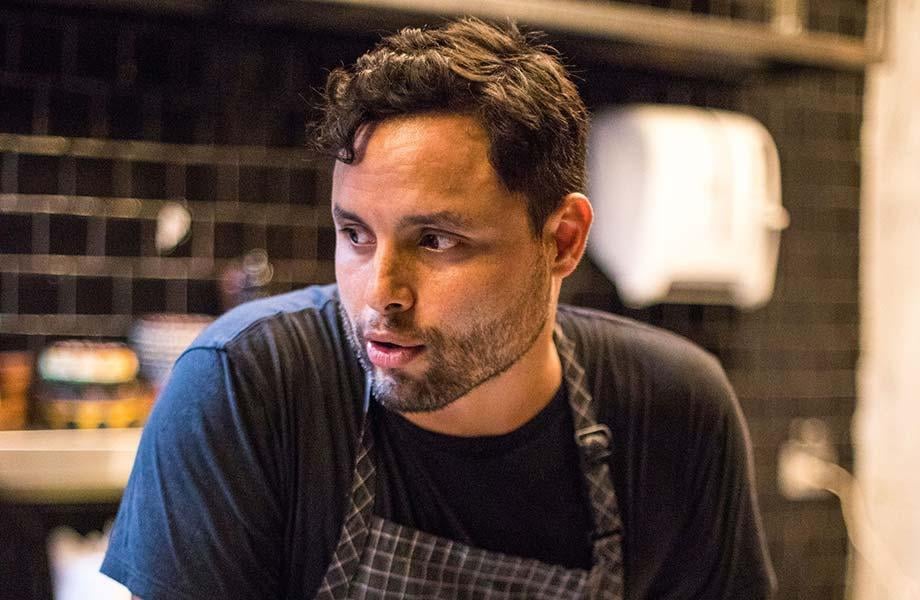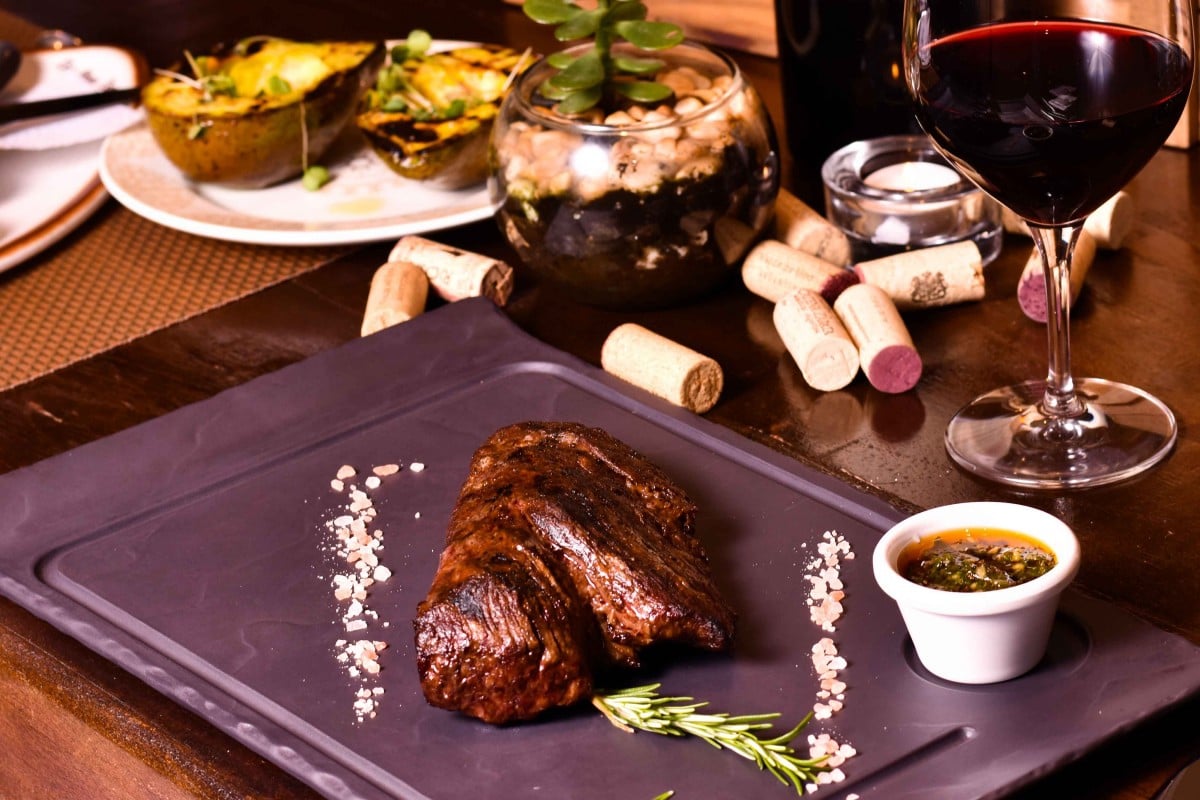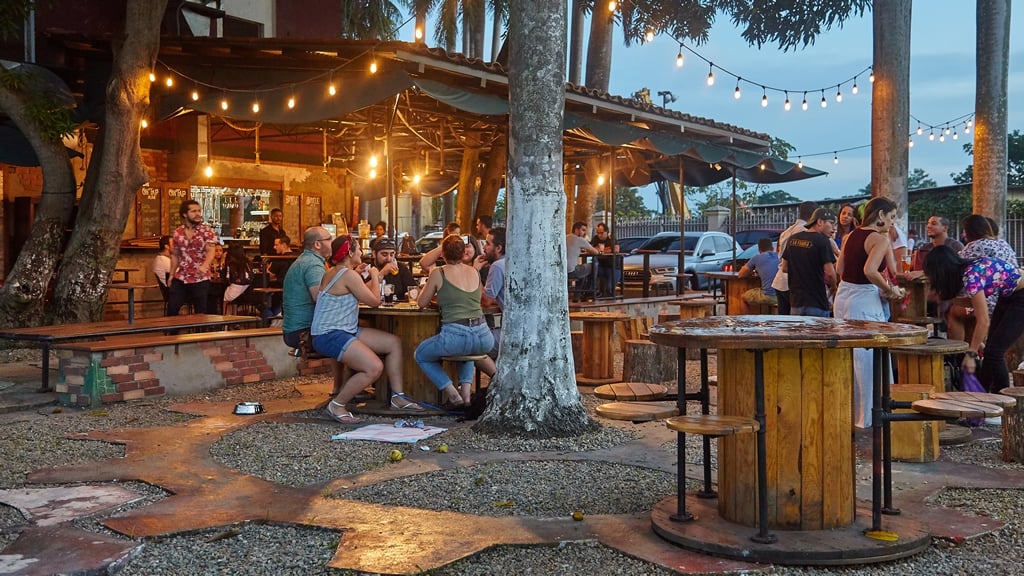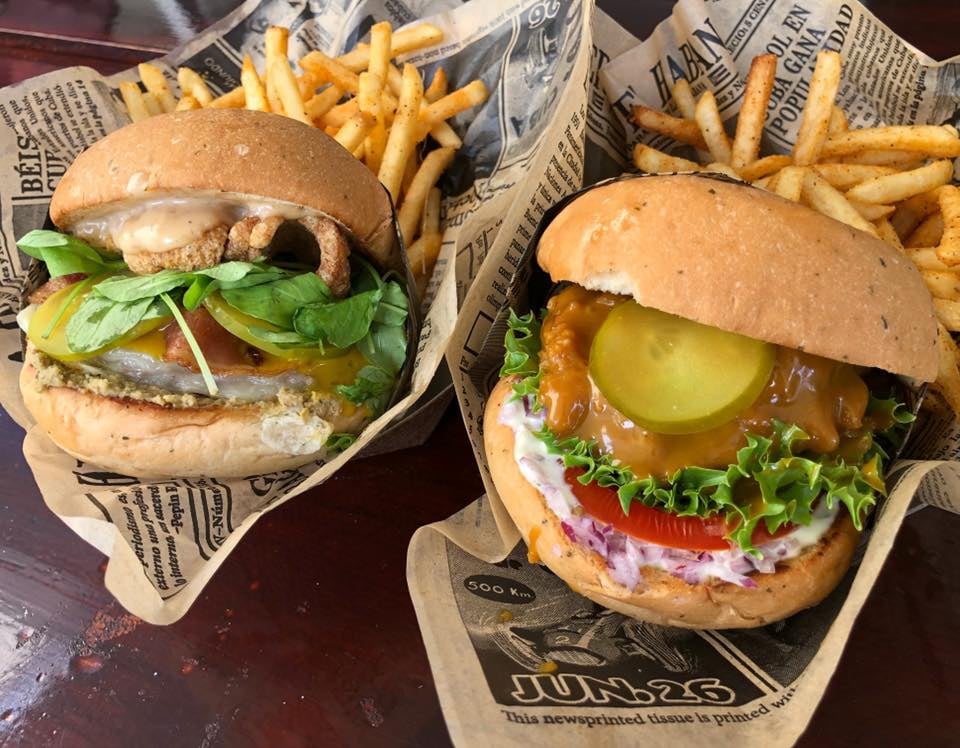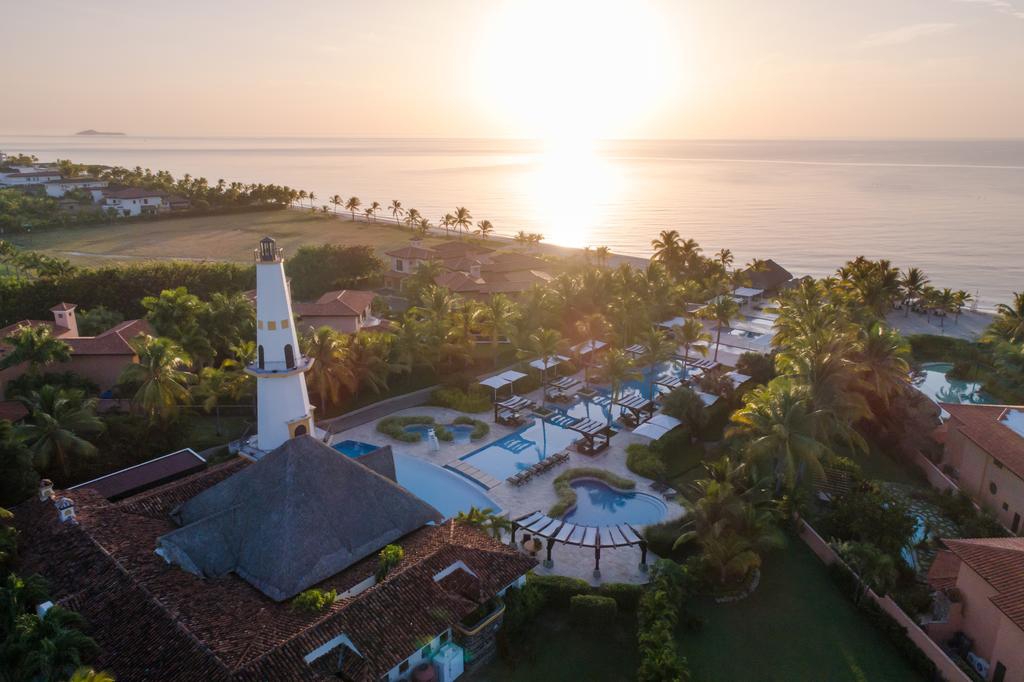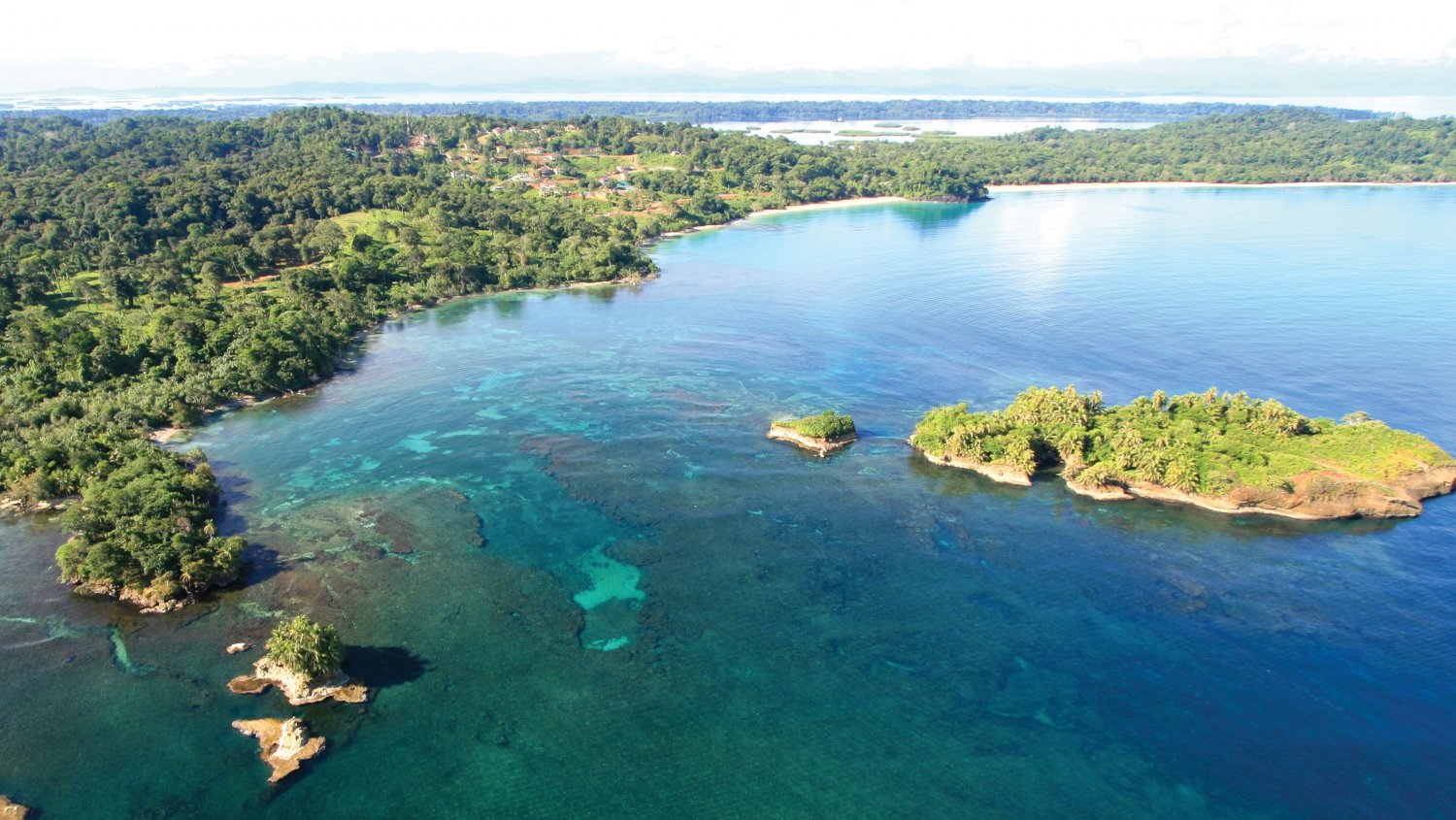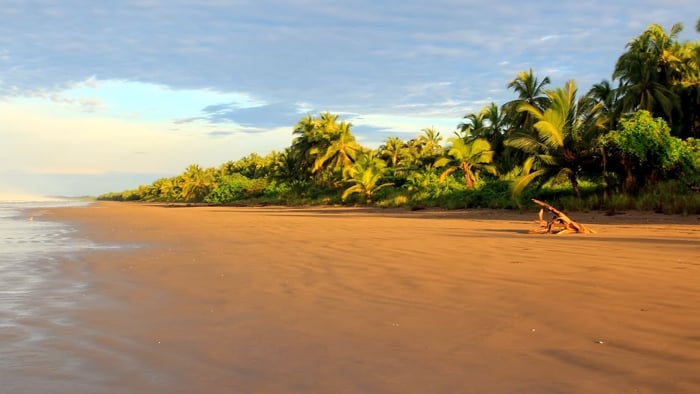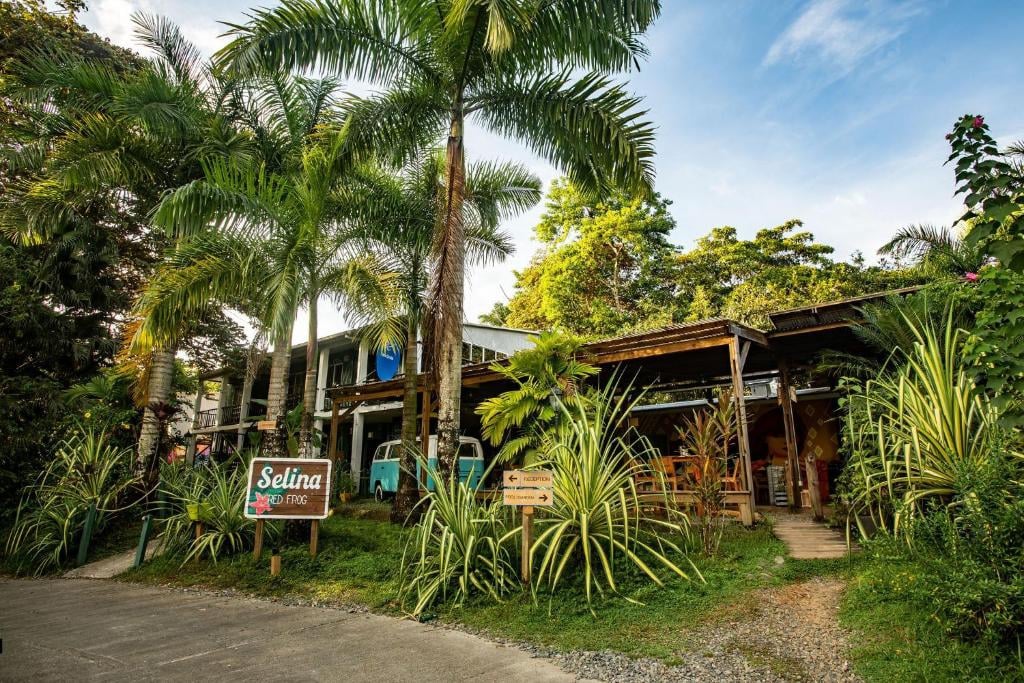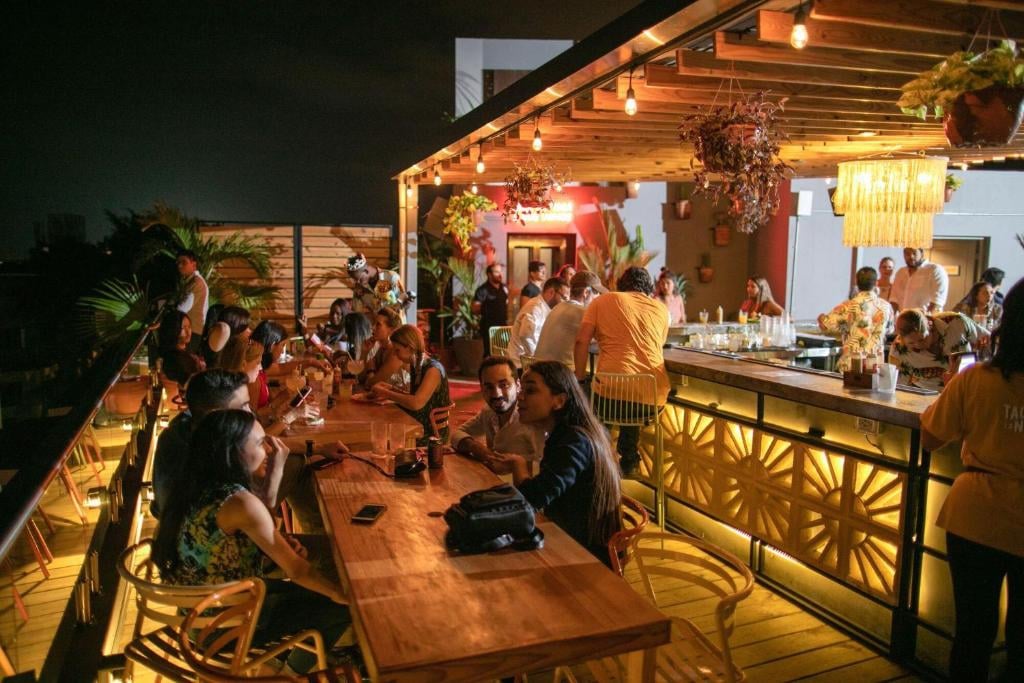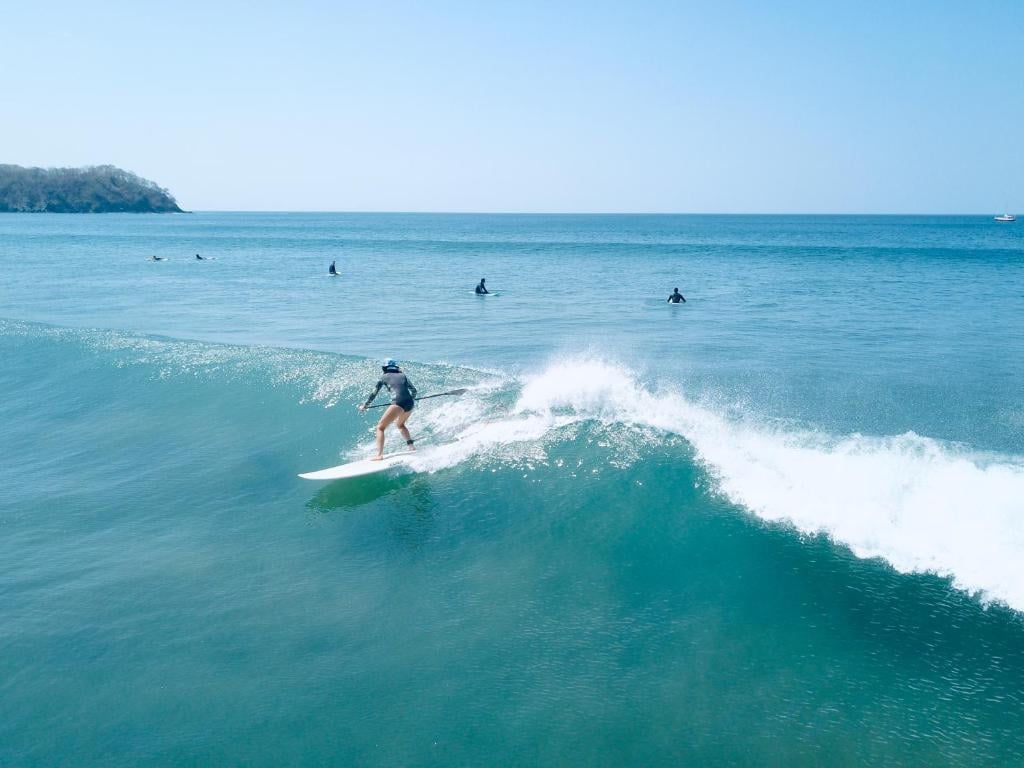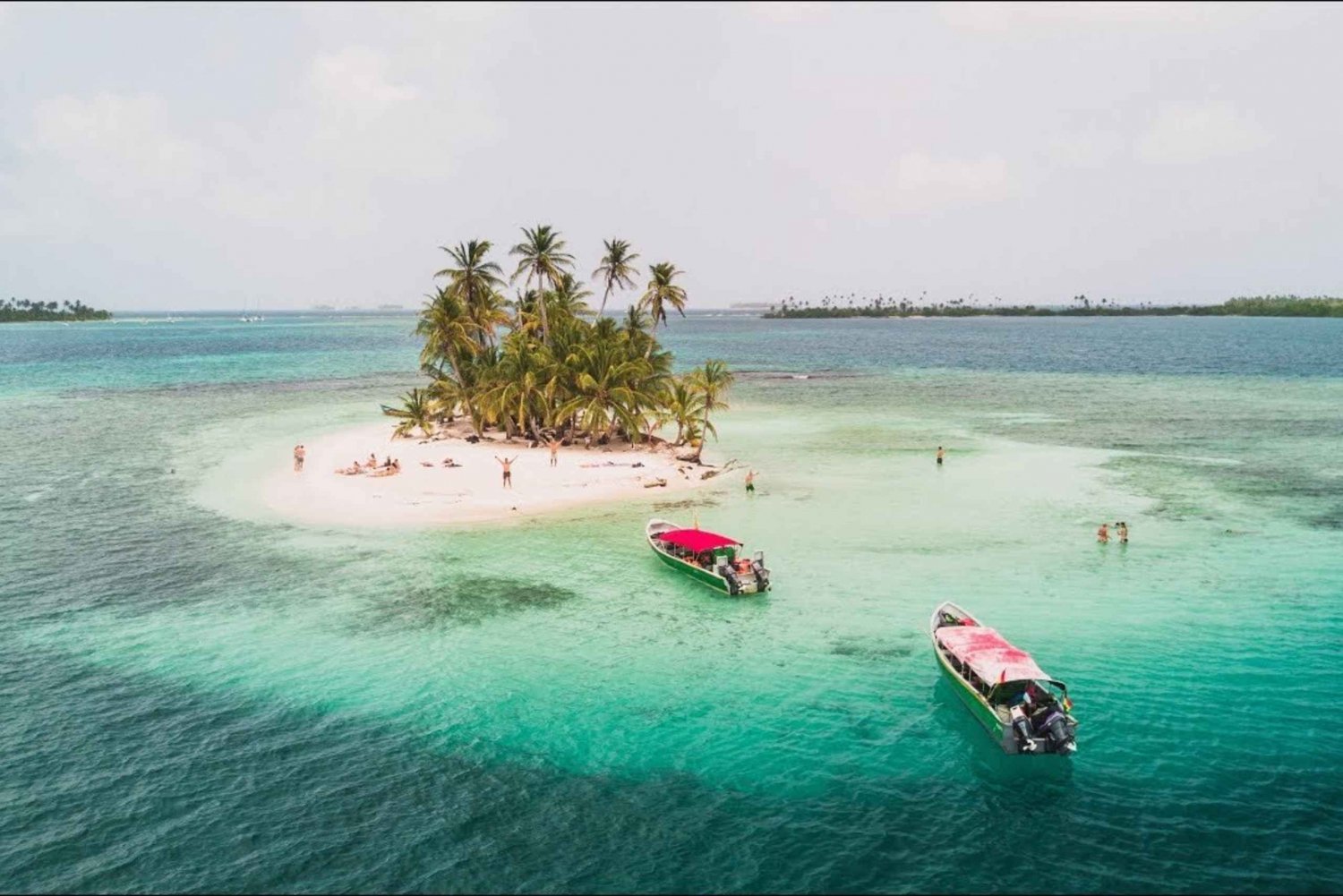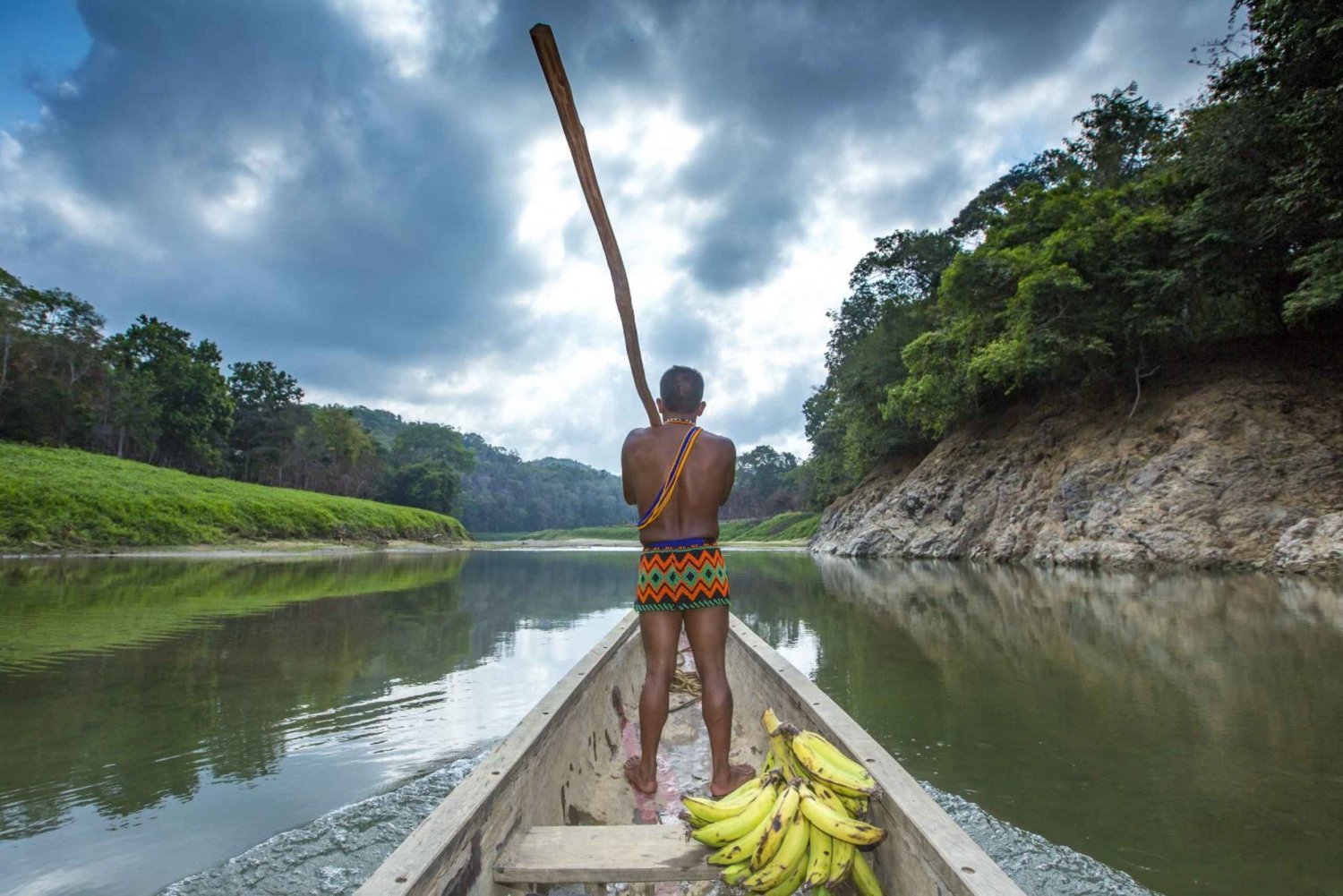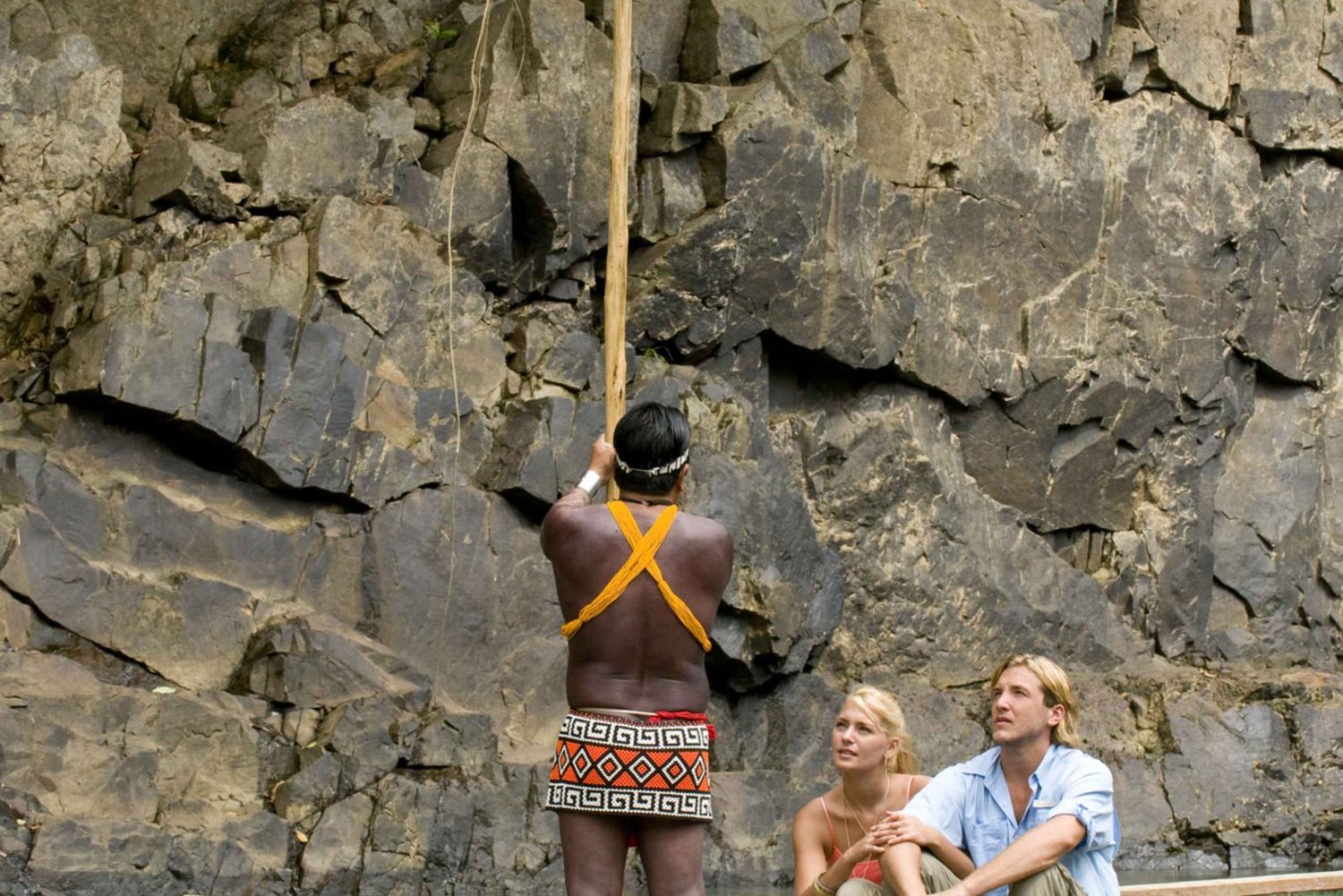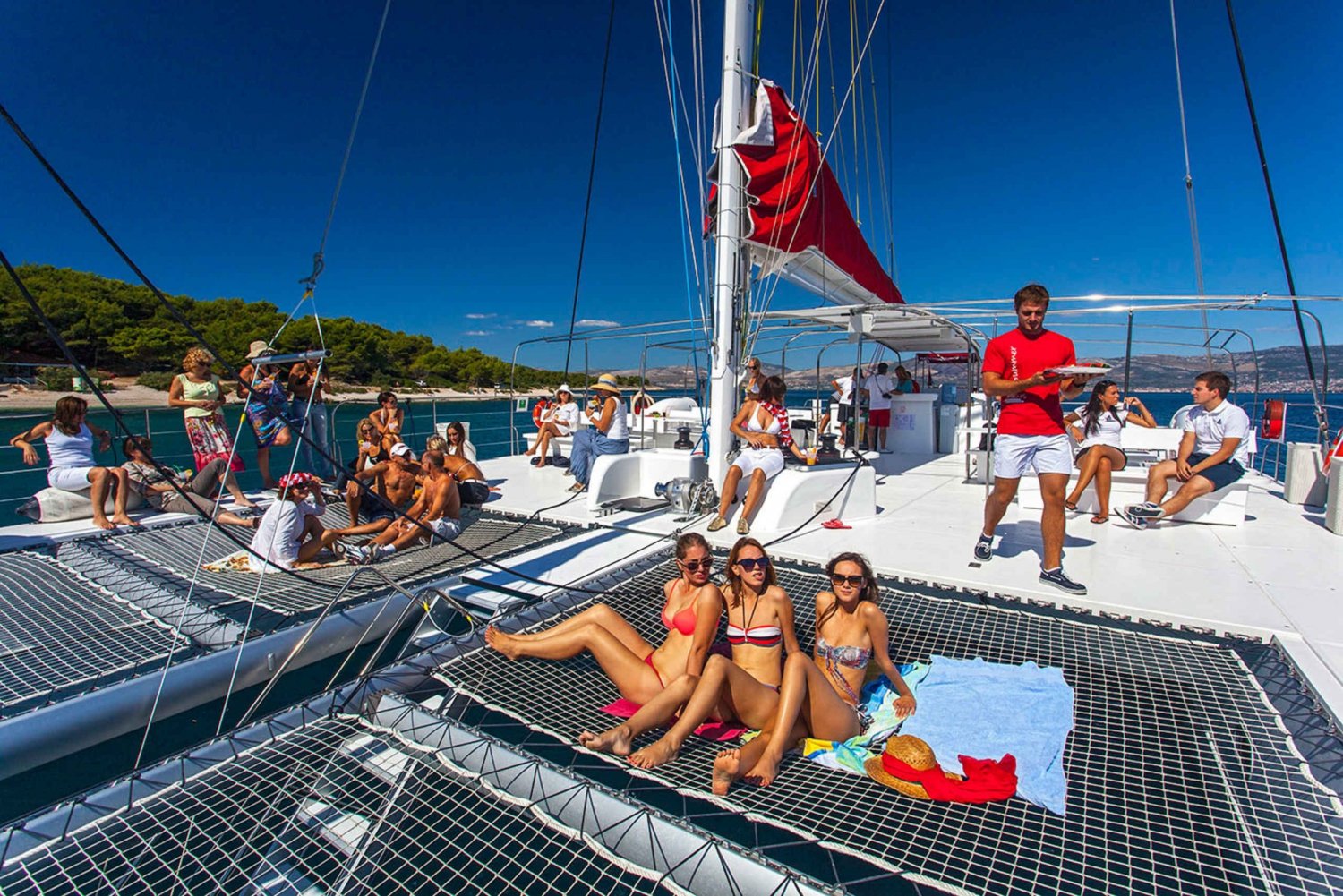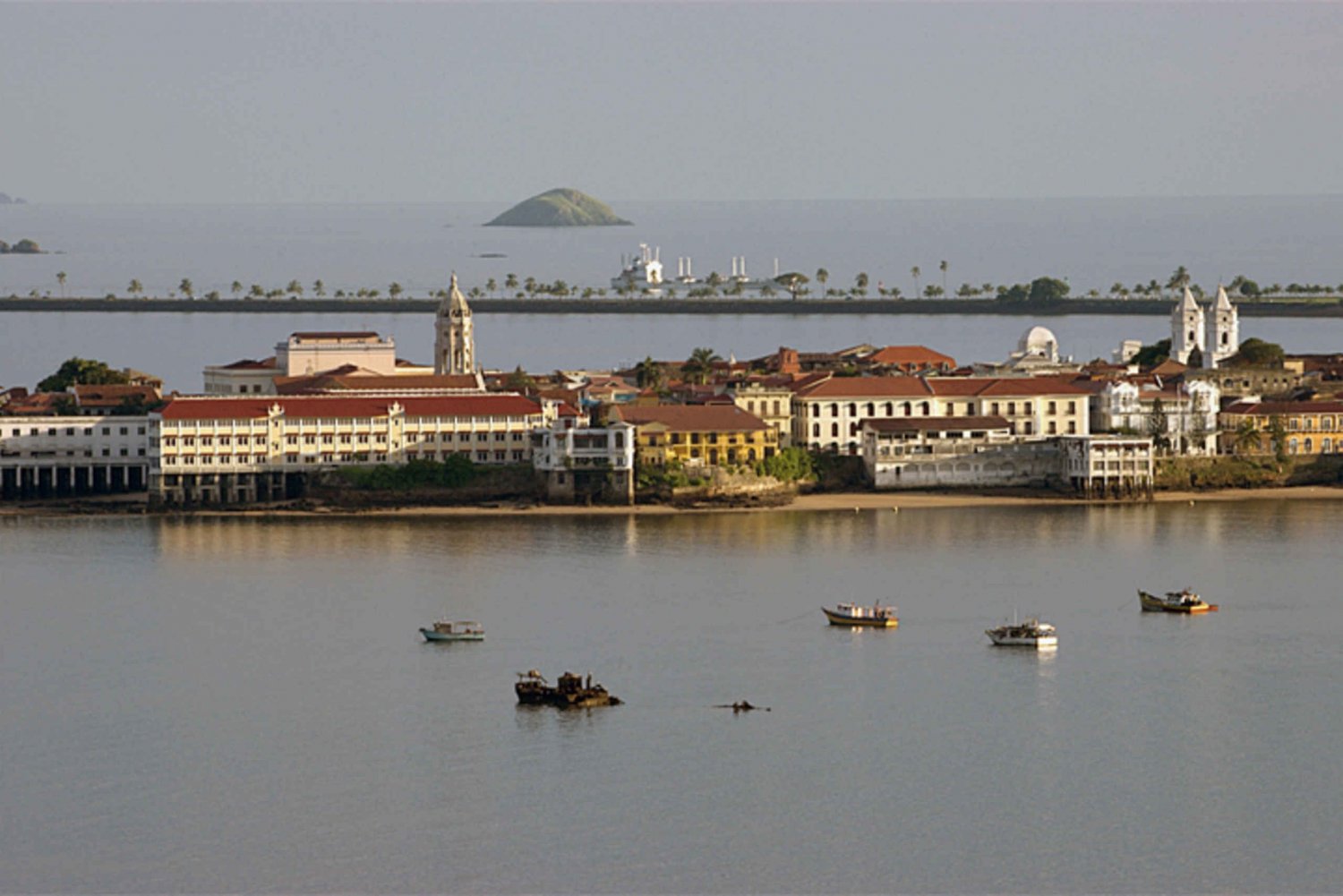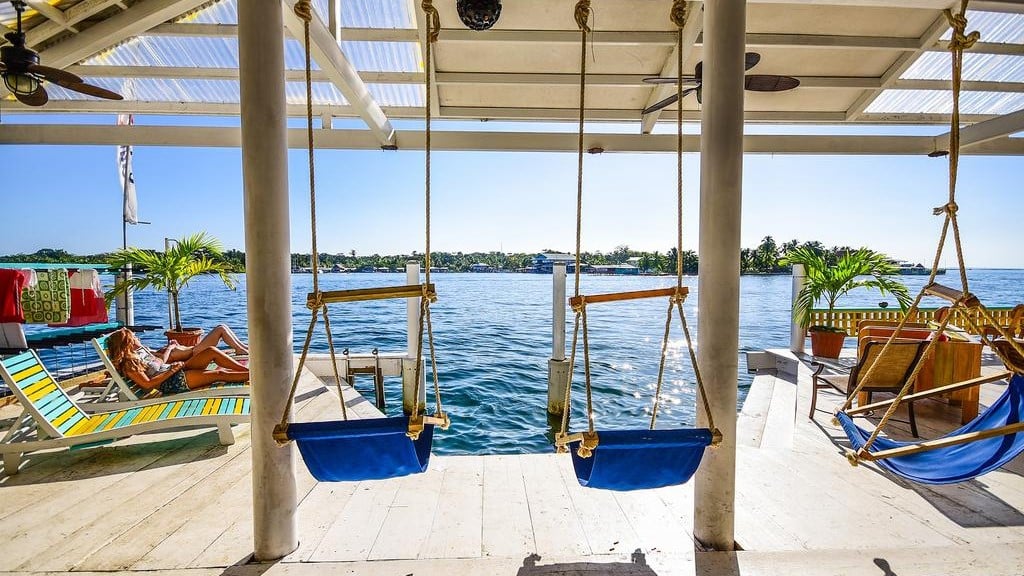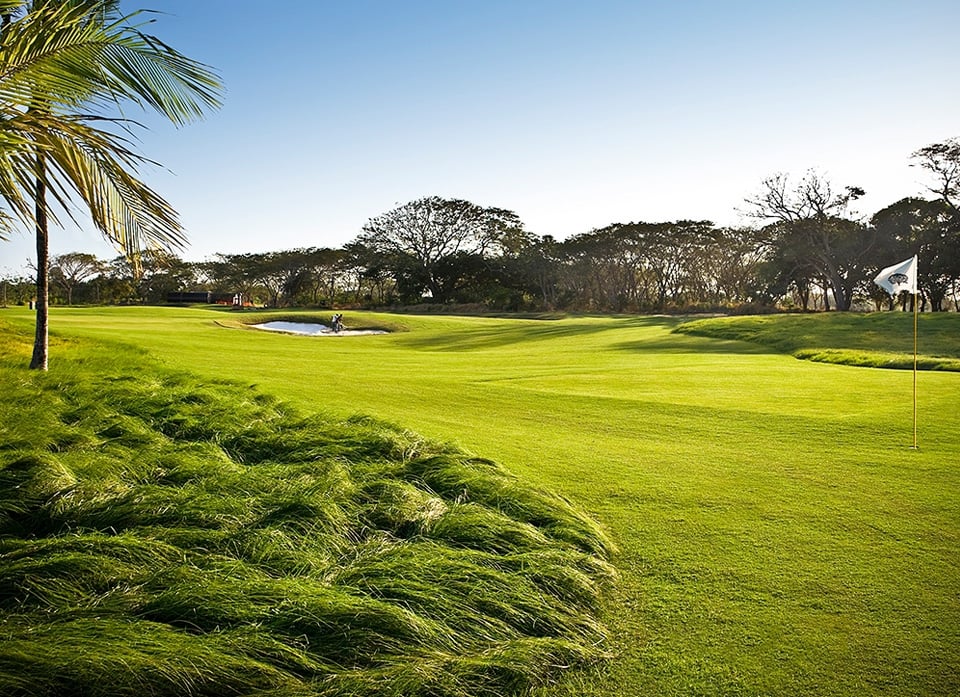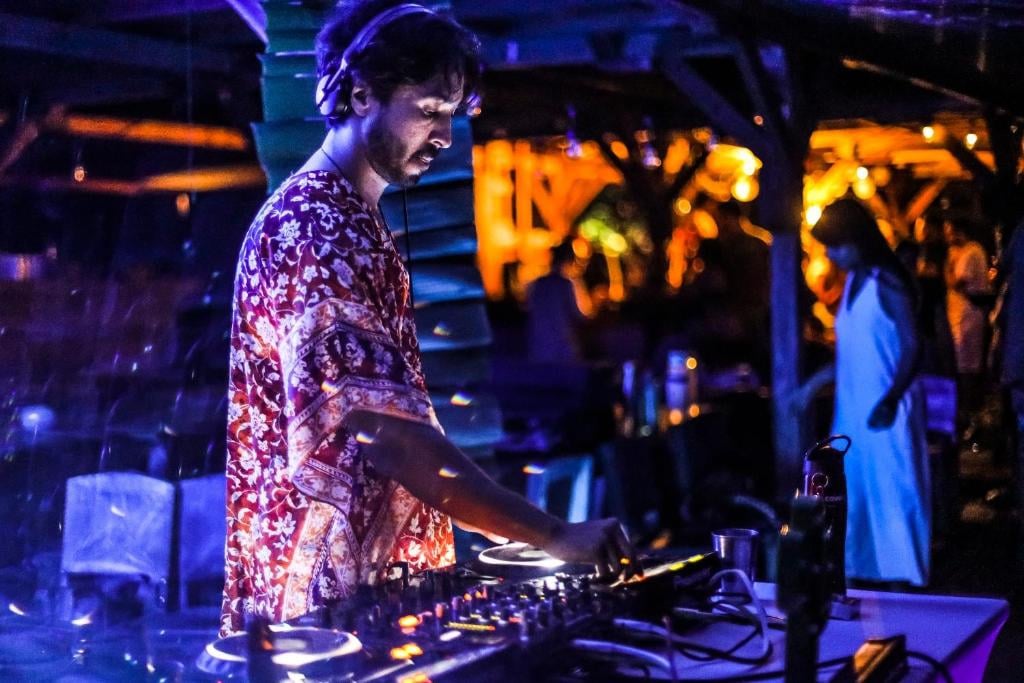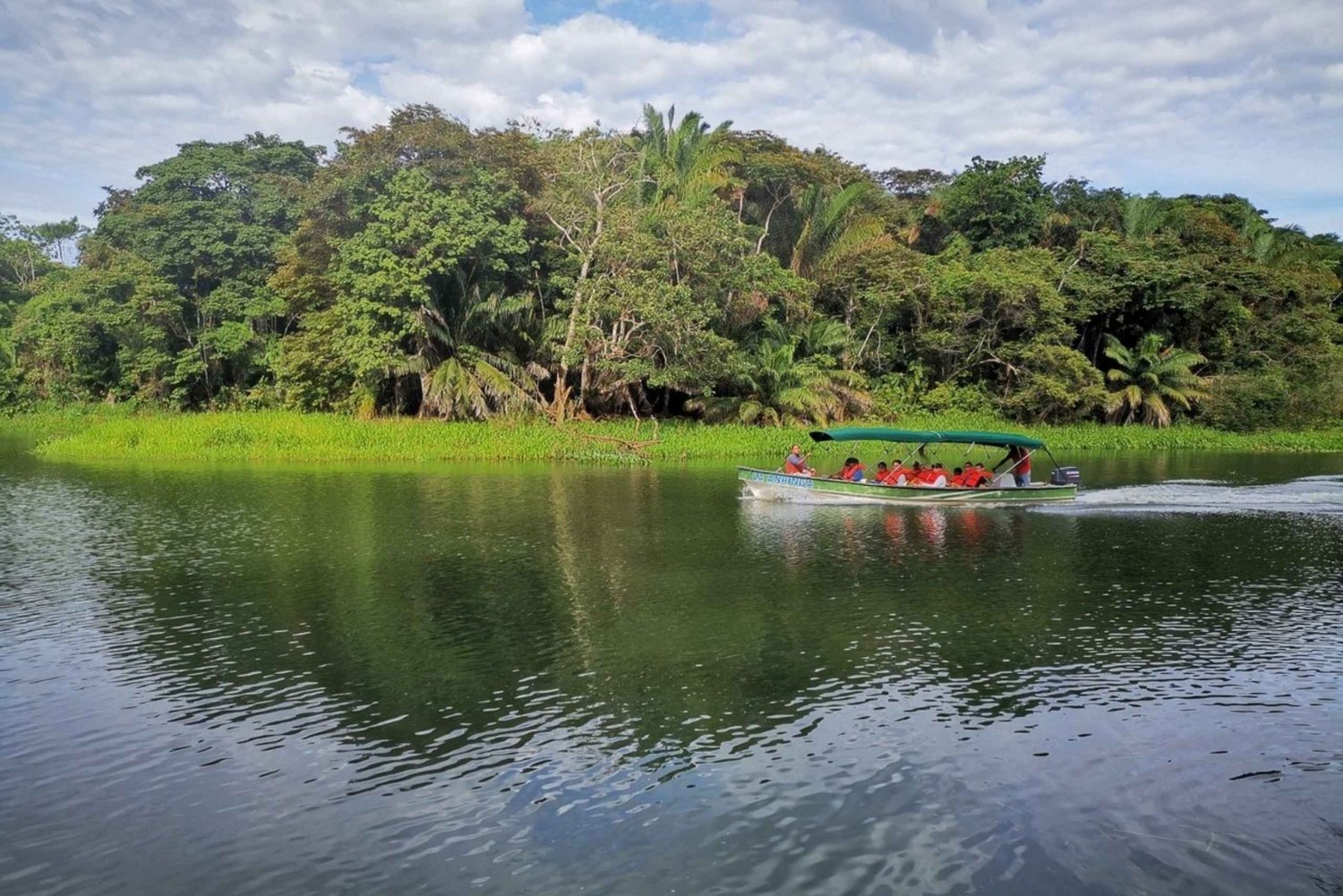Old Panama in artist eyes
The Patronato de Panama Viejo has invited Latin American artists to exhibit a work that has as reference Panama Viejo in its multiple perceptions. Fernando Toledo starts the cycle
Book Top Experiences and Tours in Panama:
If youʻre booking your trip to Panama last minute, we have you covered. Below are some of the top tours and experiences!- From Panama City: Panama Canal and Monkey Island Tour
- Panama City/Portobelo: Catamaran Trip w/Snorkeling and Lunch
- Panama City: Isla Grande Beach and Portobelo Private Tour
- Panama: Taboga Island Catamaran Cruise with Lunch & Open Bar
- From Panama City: 4 San Blas Islands Day Trip with Lunch
And of course, from so many years of living here, I was seeing how the landscape of the city was being transformed, "he details in an interview with La Estrella de Panamá. That idea inspired the work Icons, (acrylic and charcoal on canvas), which was part of the exhibition Besieged Landscapes and located drawings that the artist presented at the Museum of Contemporary Art in 2014 and since November 29 is located in the lobby of the Plaza Mayor Museum Samuel Lewis García de Paredes in the archaeological site of Panama Viejo. "It's like the projection of Panama the old one towards the modernity of the city," says Toledo.
In the work highlights a cove (water lily) from which a large number of buildings emerge as pistil. This cove, in turn, comes from a square structure, which represents the tower of our ancient city. "All this real estate boom generated this new national flower that replaces the flower of the holy spirit, this cove from which all those buildings arise," he explains. 'It seemed very interesting to bring contemporary art to the archaeological site of Panama Viejo and invite other speeches, other views, that is why Panama Viejo in the artistic look', explains Silvia Estarás, executive director of the Commission 500 years Patronato Panamá Viejo.
In this case, the work wants to call attention to the consequences of the multiple constructions and the little planned growth that our city has had. 'I did that work to show how this real estate boom was destroying a lot of public spaces, green spaces, and so far it continues to do the same,' claims Toledo
Four years after presenting his sample, there have been no major changes in the way Panama has grown. "They have continued to build a lot, not so much the buildings, but other civil works that have greatly affected nature. Obviously the development requires growth and growth, but unfortunately is not done with the conscience, with due order, respecting the rules in force, "he says. For Toledo this growth has represented 'a privatization of the horizon, of the landscape'.
However, the gray of the charcoal with which it represents that aggressed and dying nature, does not occupy the totality of its works because 'not everything is gray, color comes, because the color of the tropics, the color of Panama is very pleasant .
Then, there is always hope, there are things that are corrected, there are things that are improved, there are things that are no longer done, "he says. Toledo recognizes that with the constructions important initiatives have also been made for the community but unfortunately "the bad things are more noticeable".
On the fact that his work is adorning the lobby of the Plaza Mayor, the artist assures that it has been like finding the ideal site for the work.


